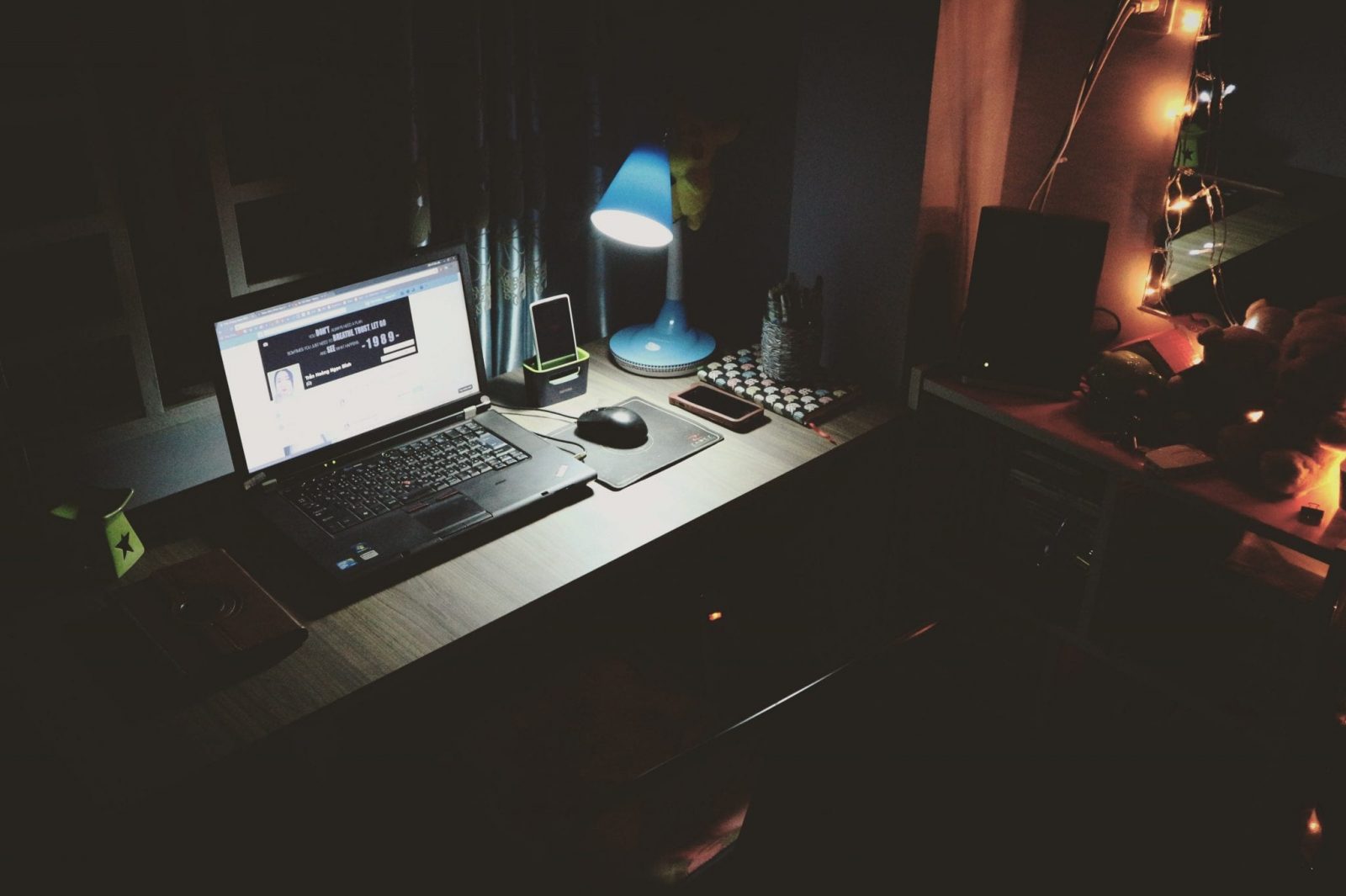Lagging videos, weak Wi-Fi connection, slow browsing experience, and an intolerable online gaming environment are some of the issues you might encounter with your internet service. They can be frustrating to deal with because you have to find the source of the problem which doesn’t always appear to be obvious.
If you’ve exhausted all the tips on this list then the next course of action is to contact your internet provider. The other key factor is bad serviceability which may be attributed to where you live, if so, these are the best rural internet options available that will likely play a key part in solving your speed issues.
Here’s a guide you can use to help you troubleshoot the issues and fix the slow internet speed by yourself.
Hardware limitation
Even if you have a super-fast internet plan that can reach up to 1Gbps, it won’t matter if your router is designed to handle only 100Mbps. Hardware limitation applies not only to the modem or router but also to other devices like laptops, gaming consoles, and mobile devices.
Check the specs of your hardware and make sure that it has at least the same throughput capacity as your internet speed. It’s better to have a larger allowance in case you want to upgrade your connection in the future.
Get a router that can handle at least 1Gbps and broadcast over a 5GHz Wi-Fi network. This eliminates the possibility that your router is the chokepoint in your home internet.
Weak Wi-Fi signal
Devices directly connected to the router are running fine and you’ve ensured you’re running at top speed. However, wirelessly connected devices seem to be having issues even with casual browsing activities.
It’s possible that the Wi-Fi signal is weak and there’s a bottleneck somewhere in the network. Here are some of the tips to fix the slow Wi-Fi connection:
- Check if your router is using the old 802.11n or Wi-Fi 4 technology. Outdated hardware has limited capabilities, so the only way to resolve this is to get a new router running the newer 802.11ac technology.
- Wi-Fi signals can’t pass through concrete walls and can have a hard time getting through wooden doors. Adding more wired access points is a foolproof way of extending your Wi-Fi coverage and make it easier for devices to connect to the network.
- Don’t hide routers in the closet. They need to be out in the open to properly transmit signals throughout the house. For best results, find a safe space for them in the middle of the house.
Speed-hogging apps
Programs that run in the background sometimes hog the bandwidth and limit other apps and devices from getting the speed they need. Ads, videos, animations, file downloads, and synchronization processes can eat up the bandwidth and slow down your connection speed. Even OS updates can bog down the system as they download massive amounts of data every time.
See which of your favorite programs can be configured to limit their download and upload rates. Set update schedules so they won’t run during times of heavy internet usage. Completely stop or even uninstall programs that you rarely use to prevent them from running in the background.
Computer virus and malware
Your computer running slower is a big red flag that says it has been infected by a virus. Viruses can steal resources from your computer and that includes internet speed.
Some malware and adware are programmed to upload or download files in the background, while others can limit your internet connection.
Having a reliable antivirus software can help detect these bad programs and eliminate them from your system. Regularly scanning your computer is also a good practice for added security.
Router crashes
Just like any piece of hardware, routers can crash due to bugs, firmware issues, or kernel panics. Overheating can be another cause of hang-ups, especially when the router isn’t placed in an airy environment.
Rebooting your modem and/or router oftentimes does the trick. Unplug the device and let it rest for several seconds up to a few minutes before turning it back on. This cools the components and resets any configuration that got messed up before.
Coaxial splitters
If you have cable internet and you’re using coaxial splitters, this may be where the slowdown stems from. Splitters can degrade signal strength, especially cheap ones made from low-quality materials.
Try disconnecting the splitter and see if it solves the speed problem. If it does, replace the splitter with a better one.
DNS server issues
Sometimes DNS servers contribute to internet slowdowns. This can be caused by heavy traffic, inefficient handling, and other problems under the control of your internet provider.
Switching to a third-party DNS server is the easiest way to resolve this issue. To do this, you have to tinker with the TCP/IPv4 properties of your computer and manually set the alternate DNS server. Google Public DNS, Cloudflare, and OpenDNS are some of the most popular alternative DNS servers you can use.
You may not notice a huge improvement in the loading times when you’re browsing because you’re dealing with speed changes in milliseconds. But as you use the internet for longer periods, you’ll notice if there are slight improvements in its speed.
Heavy bandwidth usage
Connecting several devices at once can also slow down your browsing speed. Internet service providers have set a recommended number of devices that can connect to a network simultaneously per type of plan.
A 100Mbps plan can generally accommodate up to 5 devices without any significant decrease in streaming or gaming experience. Higher speeds can connect more devices and enable 4K movie streaming and seamless online gaming environment without any issues.
If you’re a heavy internet user, your current subscription plan may not be enough for your needs. Consider upgrading your internet plan up to a degree that your budget allows.
Sometimes, even after you’ve done everything in your capacity to fix your connection, you still won’t see any improvements in its speed or responsiveness. This just means that the problem is not on your end but the side of the internet provider.
In such a case, it’s best to ask for help and avoid fixing things you’re not familiar with. You may cause more harm than good, and you might end up completely busting your connection.
When none of the troubleshooting steps provided worked, just call your service provider and seek professional assistance so that you get the appropriate speed you’re paying for.






